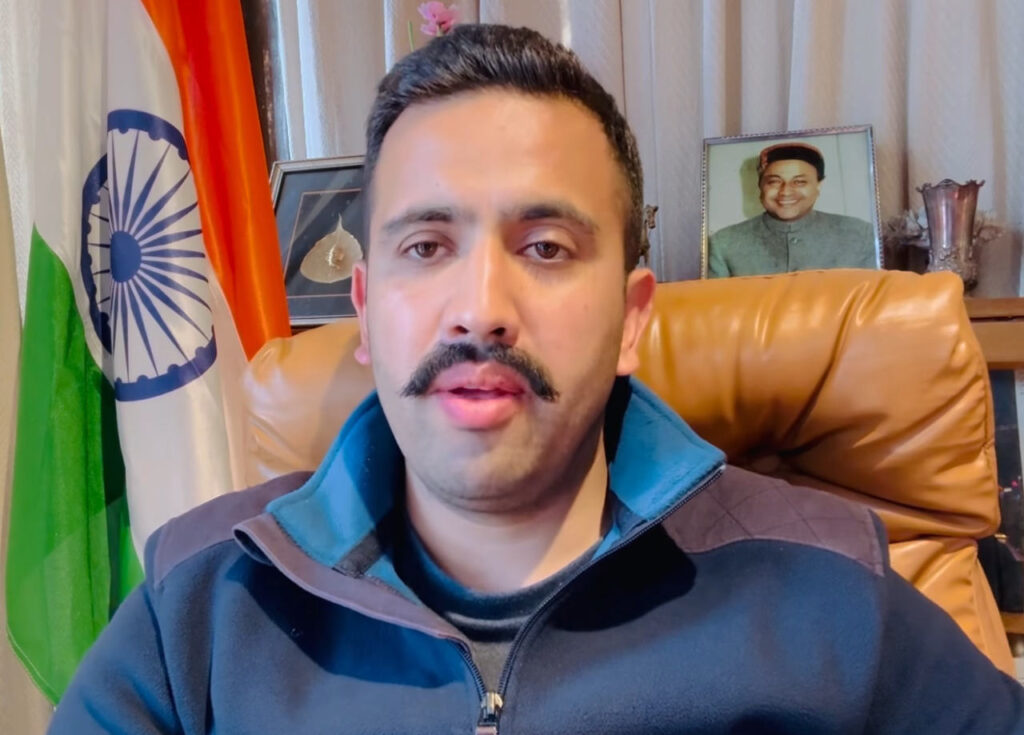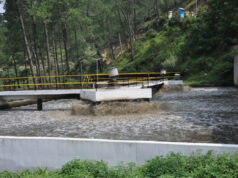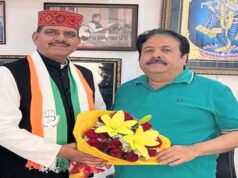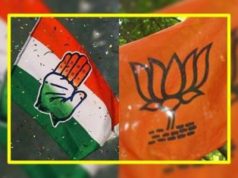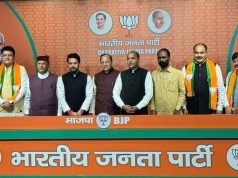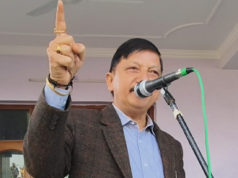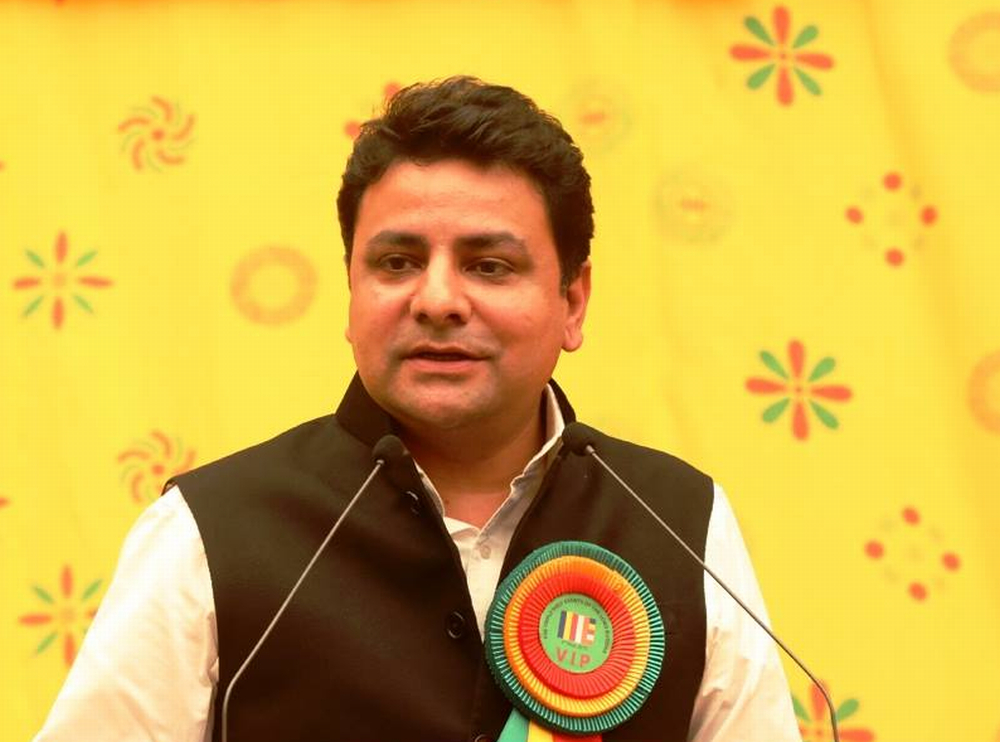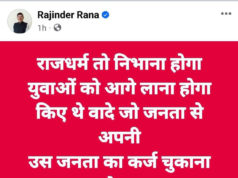Shimla – Urban Development Minister Vikramaditya Singh vehemently refuted accusations of irregularities in the award of the tender for the 24×7 water supply project in Shimla. Singh dismissed the claims as baseless and politically motivated.
The controversy was sparked by former Congress MLA Rajinder Rana, who raised serious concerns about the tendering process for the World Bank-funded project. Rana demanded a thorough investigation by central agencies, alleging that the tender was unfairly awarded to a predetermined company. He further claimed that a substantial sum of Rs 100 crore was disbursed to the company just a day before the imposition of the Model Code of Conduct.
Countering these allegations, Minister Singh clarified that no advance payments were made to the company in question. He emphasized that the decision to award the tender to the selected firm, referred to as the L1 bidder, was meticulously deliberated upon. Singh highlighted that the matter was extensively discussed during a meeting of the SJPNL Board of Directors on February 23, 2024. The meeting involved independent directors, experts from IIT Roorkee, and World Bank officials, all of whom recommended accepting the bid of the L1 bidder.
Singh also addressed concerns regarding the sole bid for the project, asserting that the water distribution initiative was designed as a comprehensive single contract for Shimla. He likened it to a ‘one city-one operator’ model aimed at ensuring streamlined accountability and enhanced service delivery.
Regarding the timing of the tender award, Singh clarified that the Cabinet had authorized the SJPN to proceed with the tender during its meeting on March 13. The letter of award was subsequently issued to the chosen firm on March 15, a day before the implementation of the model Code of Conduct.
The minister’s rebuttal comes amidst escalating tensions fueled by Rana’s persistent accusations. However, Singh’s detailed explanation of the tendering process and the rationale behind the decision aims to assuage concerns and restore confidence in the integrity of the project.


